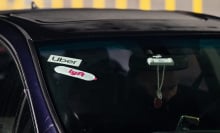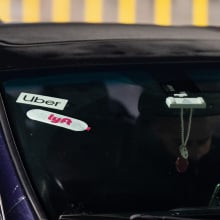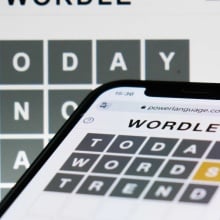Hollywood is officially on strike, and AI is one big reason. In fact, one AI proposal brought up by the studios in negotiations sounds downright bizarre.
SAG-AFTRA, the union representing actors, made the historic move after negotiations with the big movie studios fell through. It is the first actor strike in decades, with commercial actors last striking in 2000 and film and theatrical actors last going on strike in 1986.
"I cannot believe it, quite frankly, how far apart we are on so many things," said SAG-AFTRA president Fran Drescher, who delivered a fiery speech — to the delight of many social media users who seemingly had no clue TV's The Nanny was a union leader — after the strike was announced. "How they plead poverty that they are losing money left and right when giving hundreds of millions of dollars to their CEOs."
Tweet may have been deleted
Pay and benefits are core reasons why actors are going on strike, but there are two other key concerns that have played a crucial role in negotiations: streaming and AI.
And one stark example of what the big film studios are looking to do, which led to this strike, came from SAG chief negotiator Duncan Crabtree-Ireland during the conference.
"The groundbreaking AI proposal that they gave us yesterday...they proposed that our background performers should be able to be scanned, get paid for one day's pay, and their company should own that scan, their image, their likeness, and to be able to use it for the rest of eternity in any project they want, with no consent and no compensation," said Crabtree-Ireland...
Tweet may have been deleted
As Drescher pointed out, the actor strike can potentially be a crucial moment for all labor unions across any industry that can possibly be affected by AI and technological advances in automation.
"If we don’t stand tall right now, we are all going to be in trouble, we are all going to be in jeopardy of being replaced by machines," warned Drescher, while touting solidarity with other labor unions.
SAG-AFTRA actors join movie and TV writers with the WGA who have been on strike since May 2. It marks the first time both unions held simultaneous strikes since 1960.














